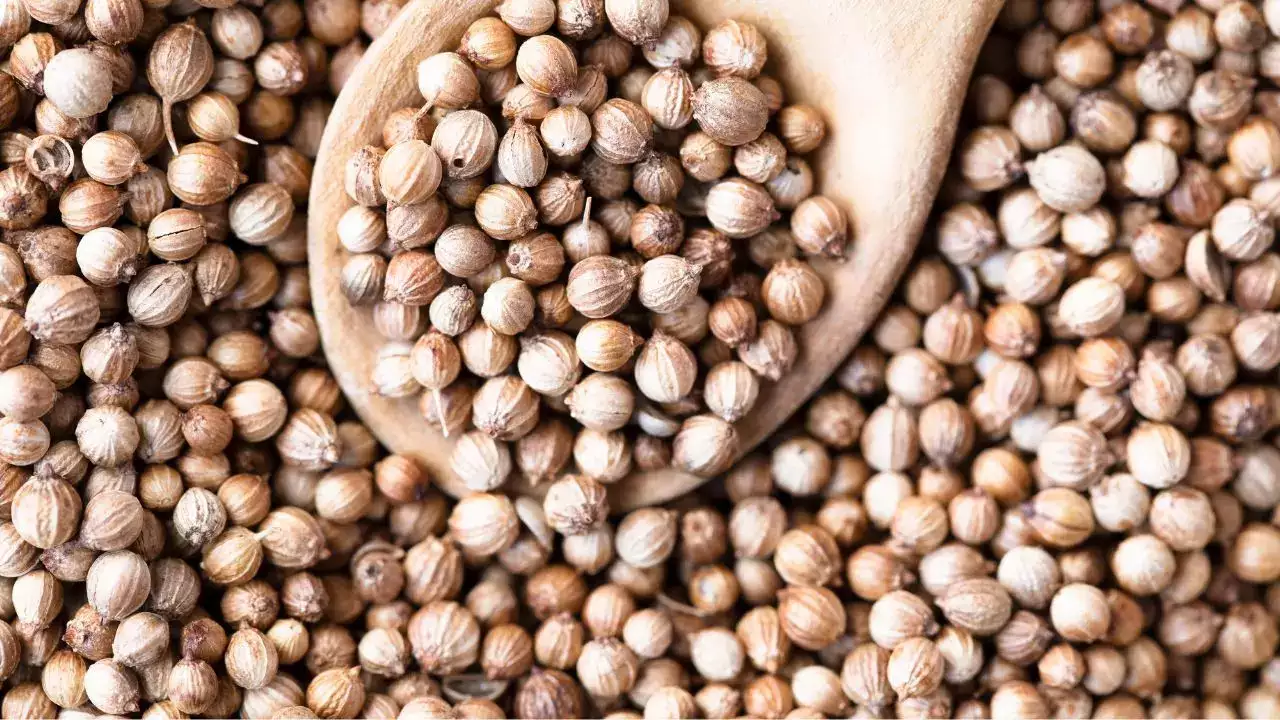Coriander seeds, derived from the coriander plant (Coriandrum sativum), are a versatile spice that has been cherished for centuries across various cultures and cuisines. These tiny, round seeds possess a distinctive flavor profile that adds depth and complexity to dishes, making them an indispensable ingredient in kitchens around the world. Let’s delve into the fascinating world of coriander seeds and explore their culinary uses, health benefits, and cultural significance.
Culinary Uses:
Coriander seeds are widely used in both whole and ground forms, each offering a unique culinary experience. When whole, they have a warm, citrusy flavor with floral undertones, whereas ground coriander is more aromatic and intense. In Indian cuisine, whole coriander seeds are often toasted to enhance their flavor before being added to curries, stews, and rice dishes. Ground coriander is a key ingredient in spice blends such as curry powder and garam masala.
In Mediterranean and Middle Eastern cuisines, coriander seeds are frequently used in pickling brines, marinades, and meat rubs, imparting a fragrant and slightly spicy taste. They also feature prominently in baked goods, lending their distinctive flavor to bread, pastries, and cookies. Additionally, coriander seeds are a common component of herbal teas and infusions, prized for their soothing properties and delicate aroma.
Health Benefits:
Beyond their culinary appeal, coriander seeds boast an array of health benefits. Rich in antioxidants, vitamins, and minerals, they contribute to overall well-being and may help combat inflammation and oxidative stress. Coriander seeds are also renowned for their digestive properties, aiding in the relief of bloating, indigestion, and stomach cramps. Furthermore, studies suggest that coriander seeds may have antimicrobial properties, potentially inhibiting the growth of harmful bacteria and promoting gut health.
Cultural Significance:
Coriander seeds hold significant cultural and historical importance, featuring prominently in ancient medicine and folklore. In traditional Ayurvedic medicine, coriander seeds are valued for their cooling properties and are used to balance the body’s doshas (energetic forces). Similarly, in Chinese medicine, coriander seeds are believed to stimulate digestion, improve circulation, and alleviate symptoms of colds and flu.
Moreover, coriander seeds have symbolic significance in various cultures, representing love, prosperity, and protection against evil spirits. They are often included in rituals, ceremonies, and talismans as a symbol of good fortune and positive energy.
In conclusion, coriander seeds are much more than a mere spice—they are a culinary treasure with a rich history and a myriad of benefits. Whether enhancing the flavor of a savory curry, soothing a troubled stomach, or embodying cultural traditions, coriander seeds continue to captivate and inspire food enthusiasts worldwide. So, the next time you reach for this humble spice, remember its remarkable journey from seed to table and savor every aromatic bite.
